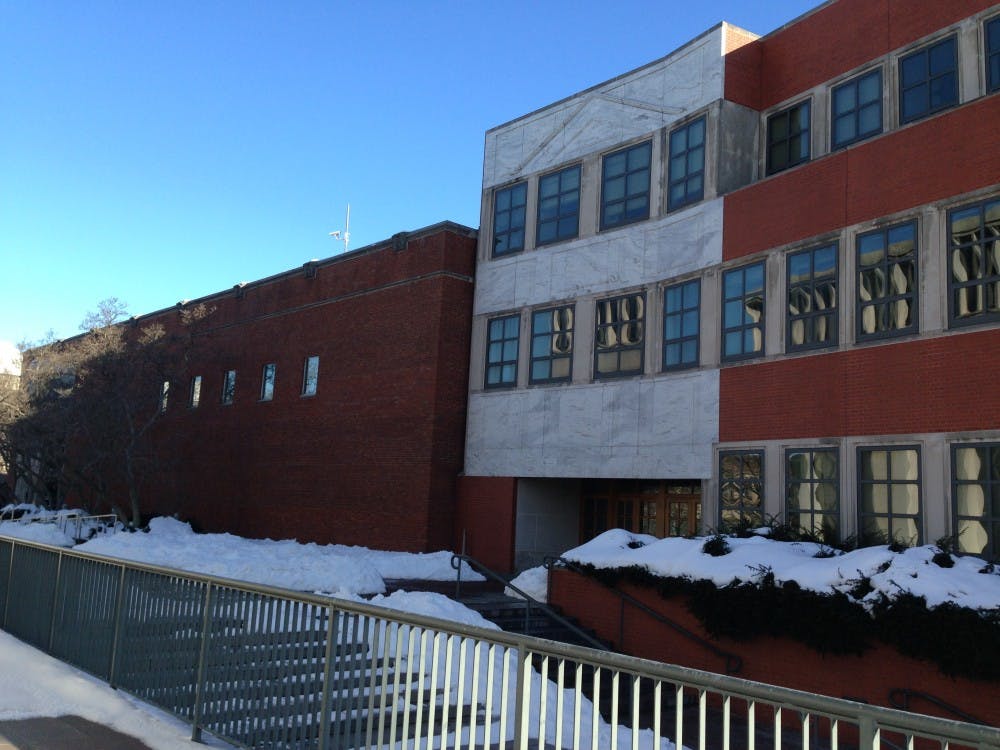In 2022, 40 students graduated with a Gender and Sexuality Studies (GSS) certificate — more graduates than 27 other major programs. And yet, no one graduated as a GSS major, because the University doesn’t offer one. In fact, Princeton is the only Ivy League school that doesn’t offer some form of gender studies major. It’s time for that to change.
When University President Christopher Eisgruber ’83 spoke during this year’s Opening Exercises, he reflected on the University’s commitment to a liberal arts education, highlighting the ability to participate in all facets of public life, the merit of exploring a wide range of disciplines, and the intrinsic value of the pursuit of knowledge. One clear way to further these goals, and to meet student demand, is to create a GSS major.
Knowledge of topics covered in GSS is critical for participation in many parts of public life today. The discipline offers students a unique lens to analyze the world through by understanding gender, a factor that affects nearly every single interaction on an interpersonal and institutional level.
For example, gender studies theorists have helped to uncover and mitigate gender disparities in the drafting and enforcement of laws. Gender studies students explore how gender and sexuality have shaped civil rights, religion, education, art, literature, and popular media. Its methodology also ties into medicine and other scientific disciplines. Elinor Cleghorn, a historian, used methodology from gender studies in her popular book “Unwell Women” to write about systematic medical bias that women face around the world.
GSS is — and has long been — an incredibly intersectional discipline: Students with a gender studies background are equipped to make change in any arena. What is now gender studies started as “Women’s Studies” in the late 1960s and drew on women’s movements, the civil rights movement, and student movements of the mid-20th century to incorporate theories of feminism and interdisciplinary methodology to examine the role of women and gender minorities in society.
Detractors of gender studies, like Florida Gov. Ron DeSantis, argue that gender theory students don’t contribute to the workforce. But like the skills one learns from any liberal arts degree, the skills students learn from gender studies, including critical thinking and approaching issues with an intersectional lens, are applicable across a wide array of career paths. GSS students are, to borrow the words of DeSantis’s Commissioner of Education, “[taught] how to think, not what to think,” an approach that will be applicable far into the future.
GSS is an imperative part, even the epitome, of a liberal arts education. Gender studies students are readily able to understand gender and intersecting identities through different critical lenses, as Asa Santos ’25 explained in a column last year.
The University has offered a certificate program in Women’s Studies since 1982. In 2011, the program was renamed to Gender and Sexuality Studies to “reflect the trajectory and expanded reach” of the field since its inception. And now, it’s time for the program to make another change to mirror the advancement of the field. It’s time for the program to become a department and craft a major.

The University’s GSS program faces lots of demand. GSS has seen its annual enrollment jump from the single digits in 2011 to 40 people in 2022. There were 27 graduates who had a GSS certificate in 2024. As noted previously, more students are in the minor than some majors. Making GSS a major at the University would allow the program to grow at a faster pace and meet the rising interest that it has seen over the last decade.
Unlike the other Ivy League schools, Princeton does not permit students to double major. At Harvard, for example, approximately half of Studies of Women, Gender, and Sexuality (WGS) concentrators pursue multiple concentrations. While gender studies as a field lends itself well to a double major, the existence of sole WGS concentrators at Harvard is enough to justify a GSS major at Princeton. Princeton offers similar majors that are popular double majors at other schools, like African American Studies (AAS).
In fact, Princeton’s 2015 creation of the AAS department signified a shift in how the University crafts its majors. Much like GSS, AAS is heavily based on how intersecting identities affect the day-to-day lives of people around the world. This shift towards intersectionality in academia creates opportunities for students to understand the real world implications of policy, art, and culture.

Since the program’s renaming in 2011, GSS has seen its number of students tend to increase. As demand for the minor increases, a major would offer the opportunity for students to more deeply explore a field that continually produces changemakers. Princeton must keep up with its peer universities and reaffirm its commitment to the liberal arts by offering a GSS major.
Charlie Yale is a first-year from Omaha, Neb. Charlie is sorry about their last name!








